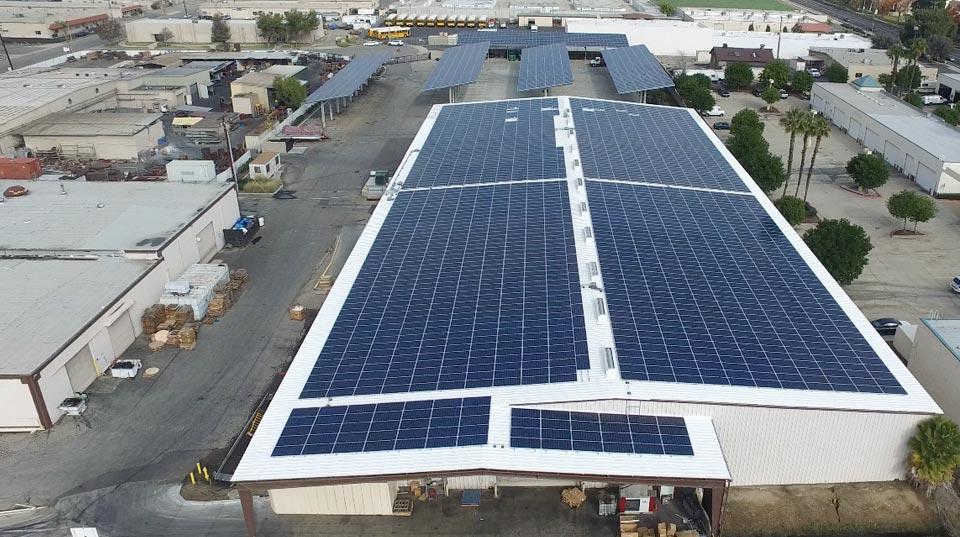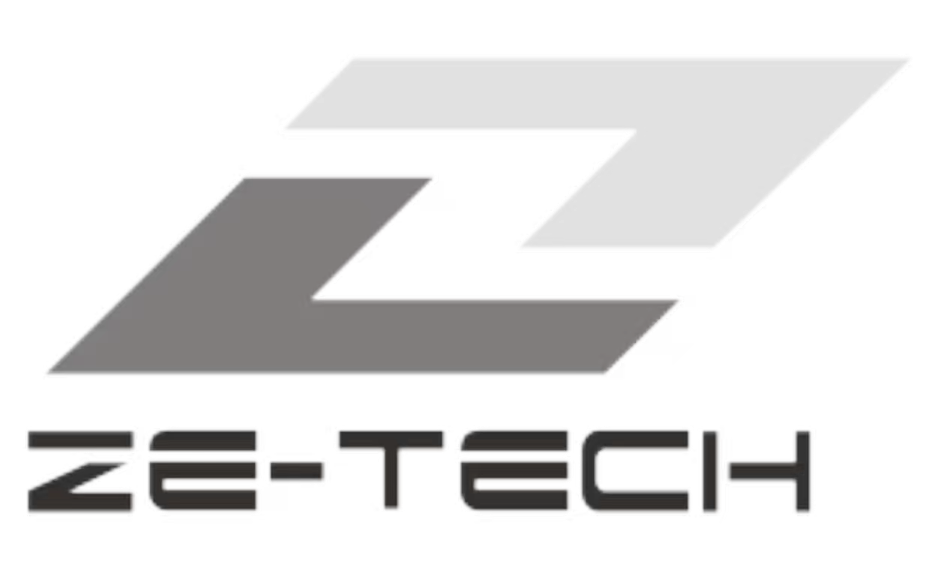Introduction
Sustainability is no longer optional in modern manufacturing—it’s a strategic imperative. As industries face increasing pressure to reduce their carbon footprint, renewable energy sources such as solar, wind, hydro, and biomass are emerging as vital solutions. Manufacturers are shifting from fossil fuels to clean energy integration, not only to comply with regulations but also to gain long-term cost savings and improve brand reputation.
This blog explores the role of sustainable energy in manufacturing, focusing on how solar, wind, and other renewable solutions are reshaping industrial operations.
Why Sustainable Energy in Manufacturing Matters
- Cost Reduction – Rising fossil fuel prices make renewables more economically viable.
- Carbon Neutrality Goals – Many global manufacturers are pledging to achieve net-zero emissions by 2050 or earlier.
- Regulatory Compliance – Governments are enforcing stricter energy efficiency and emissions standards.
- Market Advantage – Sustainability attracts eco-conscious customers and strengthens supply chain partnerships.
Key Renewable Energy Sources in Manufacturing
| Energy Source | Advantages | Limitations | Common Applications in Manufacturing |
|---|---|---|---|
| Solar Power | Reduces electricity costs; scalable rooftop or ground-mounted systems. | Dependent on sunlight; requires large surface area for high output. | Powering machinery, lighting, HVAC, auxiliary systems. |
| Wind Energy | High energy yield in windy regions; suitable for large-scale operations. | Requires geographic suitability; high upfront infrastructure investment. | On-site turbines for energy-intensive factories. |
| Hydropower | Reliable, consistent energy supply; strong baseload option. | Limited by geography; high environmental impact if large dams are used. | Large industrial complexes near water sources. |
| Biomass | Utilizes organic waste; reduces landfill impact; carbon-neutral potential. | Less efficient than solar/wind; requires reliable biomass supply chain. | Boilers, process heating, cogeneration (CHP). |
| Geothermal | Steady, predictable energy source; minimal emissions. | Limited to specific geological regions. | Heating/cooling, process energy for certain industries. |

Case Studies: Real-World Applications
- Tesla Gigafactories (USA & Europe) – Powered extensively by solar panels and wind farms, supporting EV production.
- BMW Leipzig Plant (Germany) – Integrates wind turbines onsite to power production lines for electric vehicles.
- Unilever Factories – Transitioning towards 100% renewable energy through solar and biomass systems.
- Apple’s Supply Chain – Suppliers are increasingly required to adopt solar and wind power to meet Apple’s sustainability commitments.
Integration Strategies for Manufacturers
- Hybrid Energy Models – Combining grid power with renewable energy for stability.
- Energy Storage Systems (ESS) – Using batteries to store solar/wind power for non-peak times.
- Smart Grid Integration – Leveraging IoT and AI to balance supply, demand, and energy efficiency.
- Power Purchase Agreements (PPAs) – Partnering with renewable energy providers for long-term energy security.
Challenges to Overcome
- High Initial Investment – Infrastructure costs for solar farms or wind turbines remain significant.
- Energy Variability – Weather conditions can affect renewable output without robust storage solutions.
- Space Constraints – Large-scale renewable systems require significant land or roof space.
- Policy Uncertainty – Shifting government policies can affect incentives and ROI.
Conclusion
Sustainable energy use in manufacturing is more than a trend—it’s the future of industrial competitiveness. By adopting solar, wind, and other renewable sources, manufacturers can:
- Reduce operational costs
- Lower carbon emissions
- Strengthen supply chain resilience
- Meet regulatory and consumer demands
As technologies like energy storage, AI-driven optimization, and hybrid energy models mature, manufacturers will increasingly operate in self-sufficient, carbon-neutral factories—transforming not just their bottom line, but the planet’s future.
What We Offer at Ze-tech Mold
At Ze-tech Mold, we provide end-to-end manufacturing services, including:
- CNC Machining & Turning
- 3D printing prototype
- sheet metal fabrication
- silicone vacuum casting
- Rapid Injection molding
- surface treatments
- PCB & PCBA
Whether you’re looking for precision CNC parts or custom prototypes, we provide tailored solutions for both low-volume and large-scale production. Get in touch with us today to discuss your project and see how we can bring your ideas to life.
